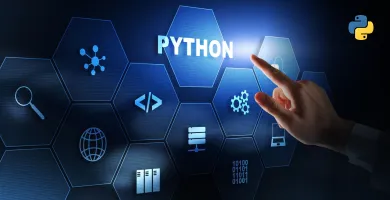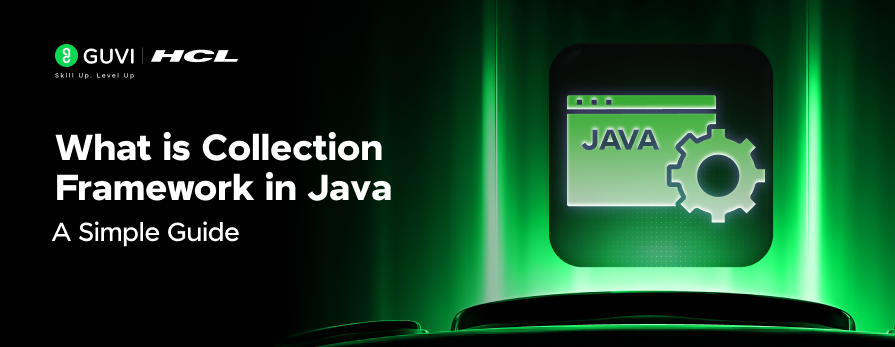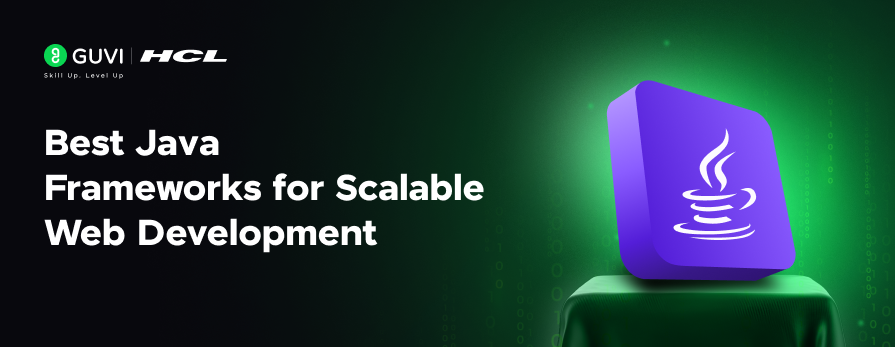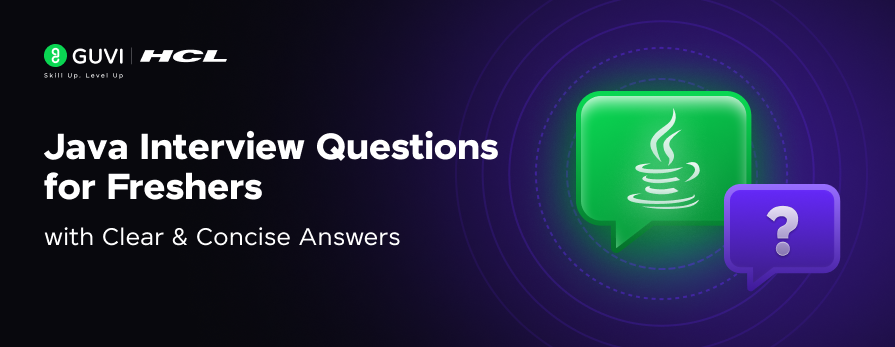
Is Java Still Relevant in 2026: Java vs. the New Kids on the Block
Feb 12, 2026 3 Min Read 1912 Views
(Last Updated)
Java has been one of the most popular programming languages for many years. It’s trusted by big companies and used to build everything from websites to mobile apps.
But lately, new languages like Kotlin, Go, Rust, and Python are becoming very popular. Many people wonder if Java is still useful or if it’s time to switch to these newer options.
In this blog, we will look at how Java compares with these newer languages and find out is java still relevant in 2026.
Table of contents
- Java Vs. Kotlin: The Android Siblings
- Java Vs. Go: Simple and Fast Vs. Powerful and Mature
- Java Vs. Rust: Performance Wars
- Java Vs. Python: Stability Vs. Simplicity
- Is Java Still Relevant in 2026?
- Conclusion
- Frequently Asked Questions
1. Java Vs. Kotlin: The Android Siblings
Kotlin is a newer language made to work well with Java, especially for Android apps. It fixes some things developers found tricky in Java, like writing too much code.
Why people like Kotlin:
- It stops common errors by design, so your app crashes less.
- The code is shorter and easier to read.
- It works perfectly with existing Java code, so switching is smooth.
Why Java still matters:
- Java has a huge number of tools and libraries built over many years.
- It gets regular updates and support, keeping it stable.
- Many big companies still use Java for their main systems.
Verdict: Is Java Still Relevant in 2026 against Kotlin?
If you want to make Android apps, Kotlin is very popular now. But Java’s experience and support make it strong for bigger projects and businesses.
Want to master Kotlin for Android apps? Check out HCL GUVI’s Kotlin Basics Course designed for beginners.
2. Java Vs. Go: Simple and Fast Vs. Powerful and Mature
Go, created by Google, focuses on simplicity and speed. It’s great for building fast cloud apps and tools for managing servers.
Why people like Go:
- It compiles code very quickly, so development feels fast.
- Go makes it easy to do many tasks at the same time (concurrency).
- It’s great for small, fast services in the cloud.
Why Java still matters:
- Java has many libraries and frameworks to build complex applications.
- It’s proven in big business environments for stability.
- Java handles complicated rules and logic well.
Verdict: Is Java Still Relevant in 2026 against GO?
For quick, simple cloud apps, Go is excellent. But for big and complex systems, Java remains a solid choice.
3. Java Vs. Rust: Performance Wars
Rust is a new language gaining attention for its safety and speed.
It doesn’t use automatic memory management like Java, which makes it very fast but harder to learn.
Why people like Rust:
- Prevents many common programming mistakes by design.
- Runs very fast because it doesn’t have a garbage collector.
- Good for low-level programming and performance-critical tasks.
Why Java still matters:
- Java’s automatic memory management makes it easier to write code quickly.
- It has many mature tools, profilers, and editors to help developers.
- Easier for most people to learn and use in general applications.
Verdict: Is Java Still Relevant in 2026 against Rust?
Rust is perfect for tasks needing speed and control, but Java wins for fast development and easier learning.
Learn full-stack development in HCL GUVI’s Java Full Stack Developer Course, where you build real projects and get job-ready.
4. Java Vs. Python: Stability Vs. Simplicity
Python is famous for being easy to read and write, especially used in data science and scripting.
Why people like Python:
- Very simple syntax, great for beginners.
- Huge libraries for AI, machine learning, and data analysis.
- Popular in education and fast prototyping.
Why Java still matters:
- Runs faster in most cases because of its compiled nature.
- Better for large systems needing speed and multi-threading.
- Strong typing means fewer errors when programs run.
Verdict: Is Java Still Relevant in 2026 against Python?
Python is great for quick projects and data tasks. Java is better when you need a stable and fast system that can grow big.
Interested in learning Python? HCL GUVI offers a beginner-friendly Python Programming Course to help you get started with this amazing language.
Is Java Still Relevant in 2026?
So is Java Still Relevant in 2026? Well, the answer is Yes!
Java might not always be the newest or trendiest language, but it keeps improving with updates like Java 21, which brings features such as virtual threads and pattern matching.
Java continues to power important systems all over the world, from banks to big companies and Android apps.
| Language | Best For | Java’s Position |
| Kotlin | Android and modern apps | Works perfectly with Java (interoperable) |
| Go | Microservices and DevOps | Has a growing, rich ecosystem |
| Rust | Systems programming | Easier for beginners than before |
| Python | AI/ML, scripting | Offers better speed and type safety compared to Python |
Conclusion
Even with many new languages available, Java remains one of the most reliable and widely used programming languages.
Its large community, many tools, and steady improvements keep it strong in the tech world.
When choosing a language, think about your project needs. For Android apps, Kotlin shines. For cloud speed, Go excels.
For safety and speed, Rust is amazing. For quick scripting and AI, Python is the pick.
But for overall power, stability, and long-term support, Java is still a great choice in 2026 and beyond.
Frequently Asked Questions
1. Is Java still a good language to learn in 2026?
Yes, Java is a good language to learn in 2026. It is still widely used and continues to improve and is trusted by many big companies and small startups.
2. How does Java compare to newer languages like Kotlin or Python?
Java is more stable and better for large, complex systems. Kotlin is great for Android apps, and Python is popular for data science and quick scripting.
3. Can learning Java help me get a job?
Yes, learning Java can help you get a job. Many companies look for Java developers because Java powers important business applications and Android apps.



































Did you enjoy this article?